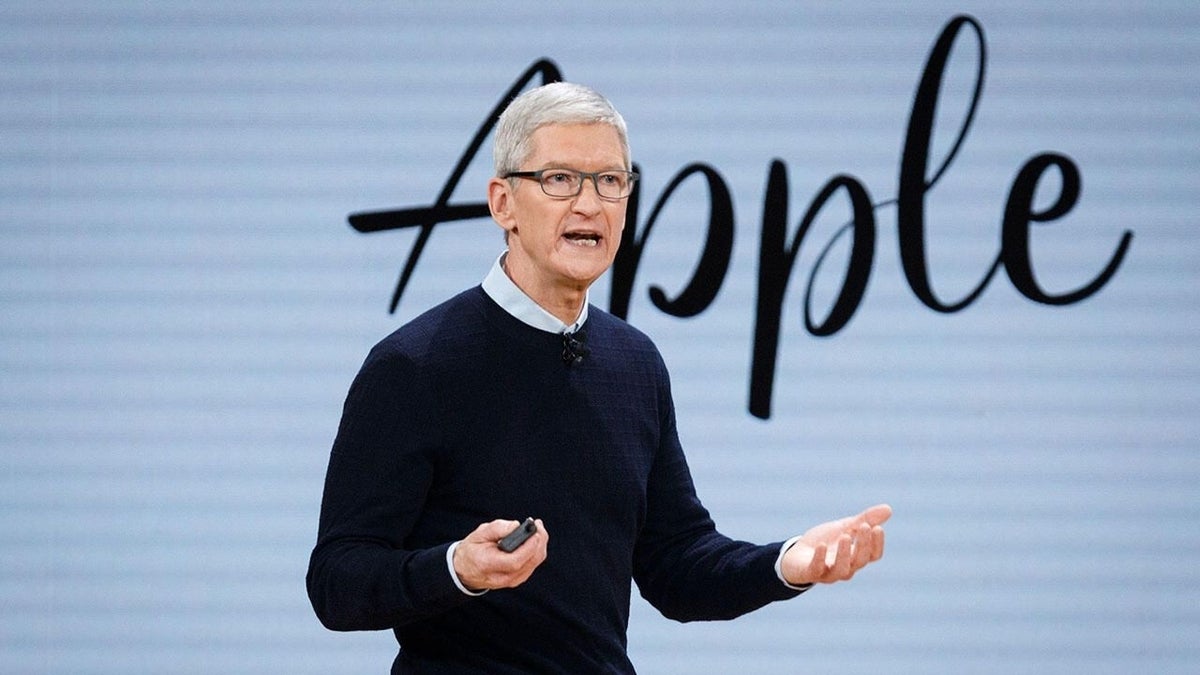
Apple is seeking to eliminate cell phone dead spots though expanded satellites, but Elon Musk’s Starlink won’t let that happen without a fight, according to an exclusive report from The Wall Street Journal. Sources who spoke to WSJ say SpaceX is now putting pressure on U.S. federal regulators to stall Apple’s expansion of its Globalstar satellite service, which directly competes with SpaceX’s Starlink network.
Reportedly, the pressure intensified after discussions between the two companies broke down. Originally, they were attempting to strike a deal to directly connect iPhones to Starlink satellites, but talks ended without a direct agreement. Instead, SpaceX and T-Mobile will be able to offer their alternative satellite services on Apple devices, a departure from Apple’s famously closed ecosystem.
Why satellite availability is limited
All satellites use radio frequencies to send signals to Earth. If too many satellites try to use the same frequency, the signals become muddled, degrading communication and slowing down data speeds. To prevent this from happening, most geographic regions license specific radio frequencies to certain satellite providers.
The more radio frequencies that a single company controls, the more data it can send and the faster its communication will be. However, if one company monopolizes too many radio frequencies in one region, it forces other satellite providers out.
Other providers must offer limited services on a smaller bandwidth, or they opt out altogether, leading to dead zones with no service at all. Having a monopoly or a majority hold on satellite signals also allows the majority provider to drive up costs. This results in price gouging consumers who rely on the provider for cell phone service.
Apple and SpaceX compete for satellite dominance
So far, SpaceX has launched over 550 satellites, far more than Apple, which allows Starlink to dominate the satellite connectivity market. SpaceX launched its first Starlink satellite in 2018, and began offering limited access to its beta internet service in 2020.
Apple didn’t start offering the service until two years later, when it struck a deal with Globalstar in 2022. Globalstar actually hired SpaceX to launch Apple’s satellites, further complicating the ties between the companies.
Currently, Apple devices use this satellite service to send texts and make SOS calls when no other cell service is available. With this expansion of its Globalstar partnership, Apple is seeking to offer more connectivity in more remote areas outside of emergency scenarios — which will directly compete with Starlink.
This satellite space race marks the latest in a series of clashes between Apple and Elon Musk. Apple and Tesla have previously clashed over the distribution of X on Apple devices as well as the development of self-driving cars using AI models.
